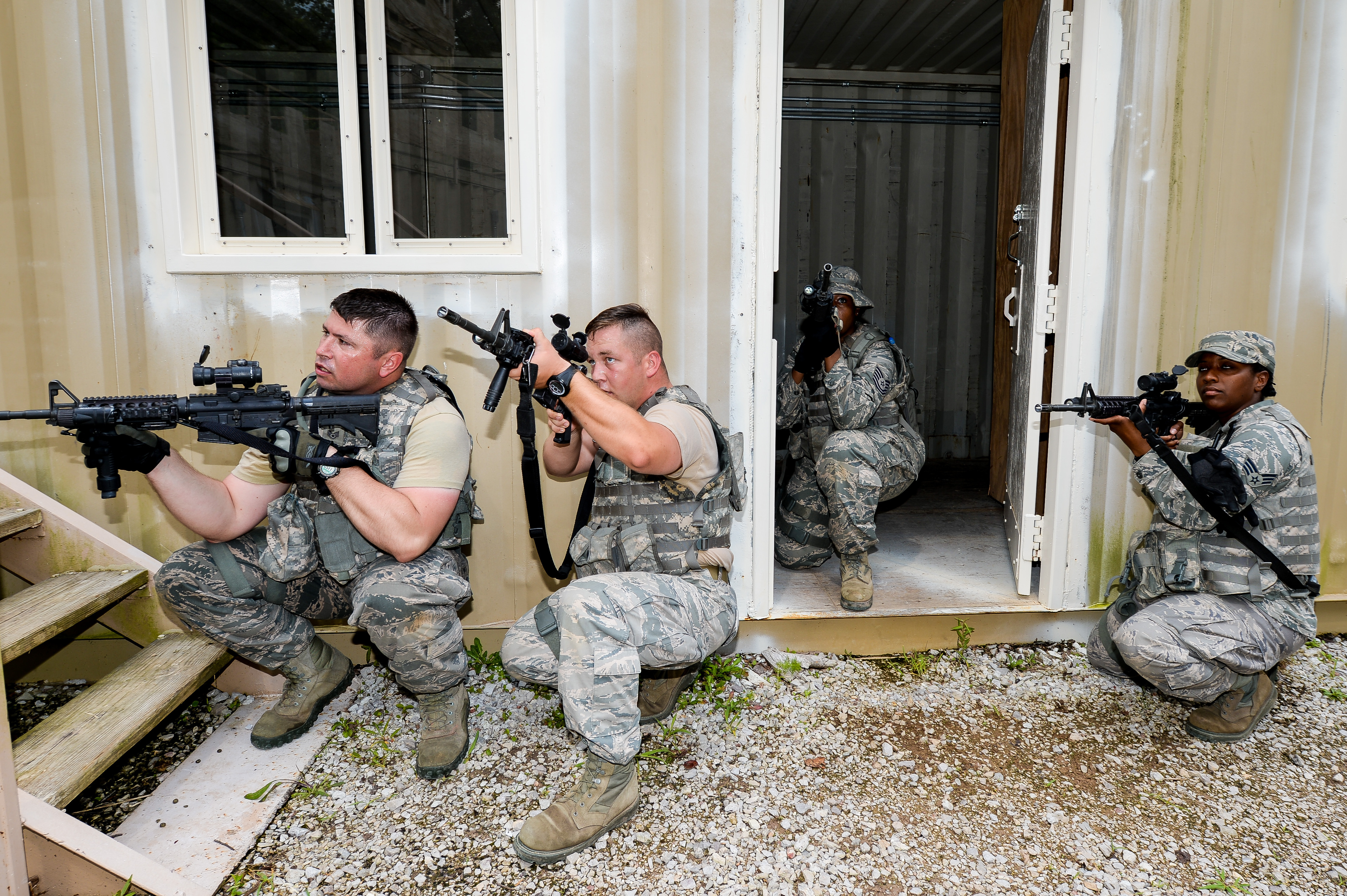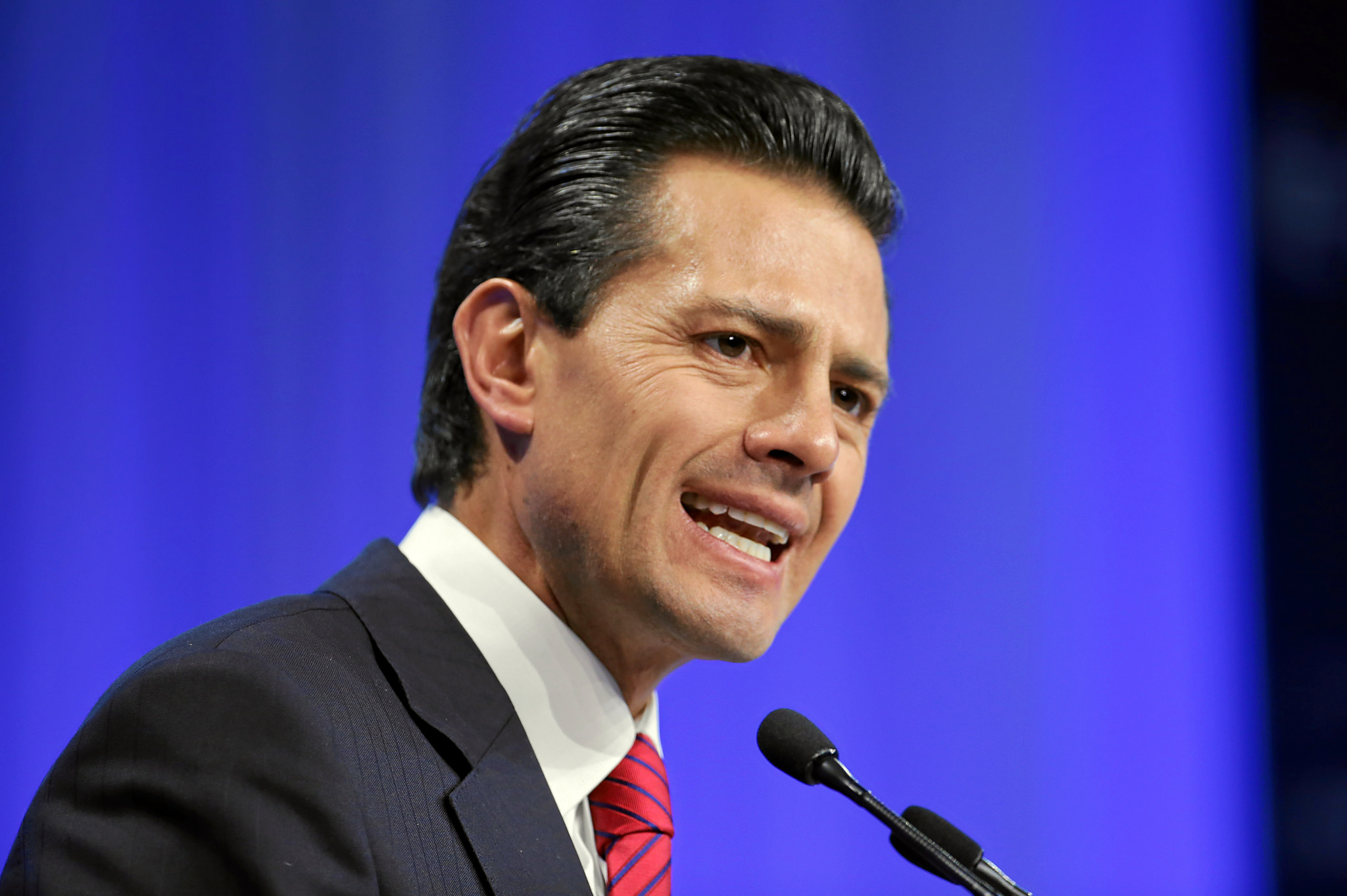Back in November, the Israeli Defense Forces fundamentally changed how governments chose to communicate with an enemy during war. Rather than go on TV, rely on newspapers, or simply remain silent about the decision to attack Hamas in Gaza, the Israeli government tweeted.
The IDF has begun a widespread campaign on terror sites & operatives in the #Gaza Strip, chief among them #Hamas & Islamic Jihad targets.
— IDF (@IDFSpokesperson) November 14, 2012
This was soon followed by tweets directed at the Hamas leadership explicitly warning of imminent attacks.
We recommend that no Hamas operatives, whether low level or senior leaders, show their faces above ground in the days ahead.
— IDF (@IDFSpokesperson) November 14, 2012
Today’s puzzler is this: Why did the Netanyahu government choose to announce its attack so publicly via Twitter? Why warn your enemy of an imminent attack when your goal is to hunt and kill them?
Answer to last week’s puzzler:
Last week I asked why the Obama administration has been silent about the ability of drone strikes to limit civilian casualties, when compared to other available methods of targeting extremists. Reader Greg Sanders offered a clear and concise explanation:
“The simple answer might just be that the general public is not a significant limiter on the President’s foreign policy powers in general and in this specific case. If the public doesn’t vote based on the issue, isn’t launching major protests, and isn’t contacting the members of Congress, than the incentive to make a case to appeal to the public is minimal. Similarly, any challenge on the civilian casualties front is likely to come from the left, so there’s no need to rebut Republican claims on the matter. Thus, since public disapproval isn’t really a concern, secrecy (driven in part by the internal politics of target states) trumps.”
I couldn’t have said it better myself.






0 comments
Based on past experience Hamas operatives hardly needed a warning. The taunting quality of the tweets is about reinforcing or perhaps reestablishing the perception of Israeli military dominance among the larger audience in Gaza and elsewhere in the region.
Israeli military success doesn’t just require killing Hamas leaders and destroying rockets; to meet its strategic objectives the IDF must also further the narrative that it has the moral high ground in the conflict. Disseminating high-profile warnings allows the IDF to show itself as both omnipotent and careful to avoid civilian casualties, which is arguable more valuable than simply killing replaceable Hamas members.
Sure, Hamas uses Twitter and certainly saw the IDF Tweets, but they weren’t the intended audience. Instead, the audience was the outside world, which was why the most-disseminated IDF Tweets were in English. It’s PR.
I agree with Taylor that the main audience was not Hamas. I would add though that in addition to the external audience the Israeli public was not less (and I think even more) important. It was shortly before elections and the government was accused of doing nothing to alleviate the suffering of the South’s population. So here it shows both power and self-rightousness. Two birds with one rock!